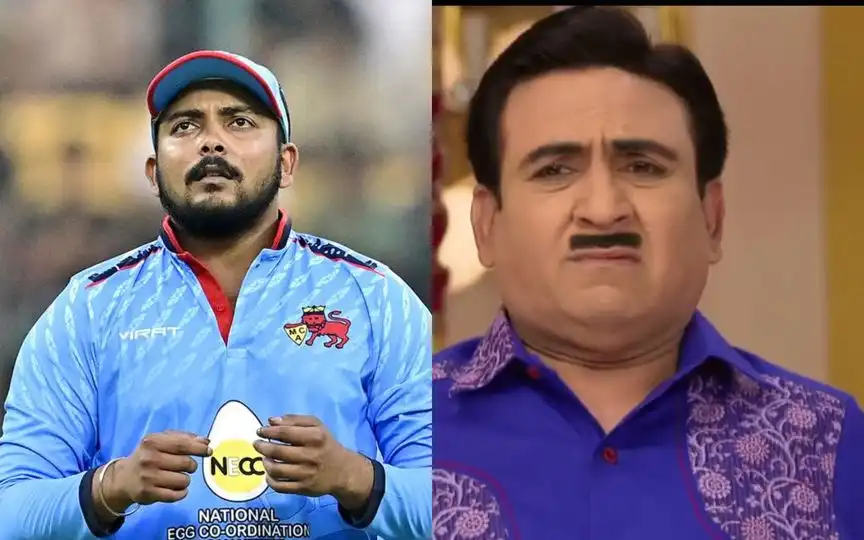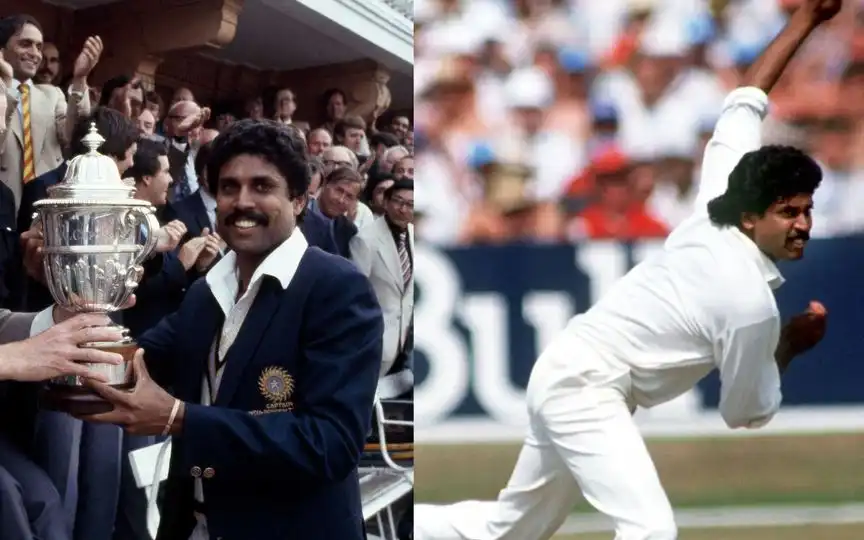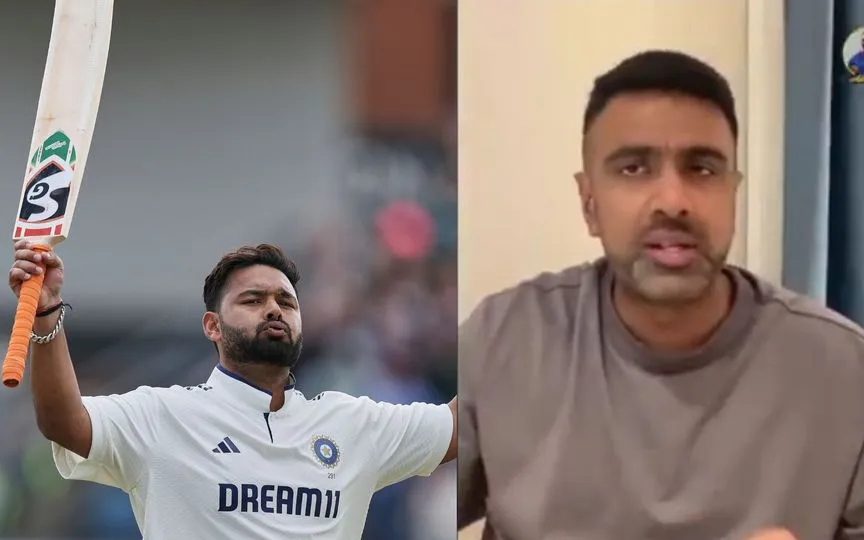![ICC has amended several existing rules [Source: @CBMCRICKET, @mufaddal_vohra/X]](https://onecricketnews.akamaized.net/parth-editor/oc-dashboard/news-images-prod/1750927480336_ICC_Rules(2).jpg?type=hq) ICC has amended several existing rules [Source: @CBMCRICKET, @mufaddal_vohra/X]
ICC has amended several existing rules [Source: @CBMCRICKET, @mufaddal_vohra/X]
In a significant development, the International Cricket Council (ICC) has announced substantial changes to the existing cricket rules across three formats. While some of the amended laws have already been implemented, those related to the white-ball formats will be effective from July 2.
As the apex body has finalised the modifications, here are all the details related to the development.
Stop Clocks Introduced In Tests
The ICC has already introduced the stop clock to counter over-rate offences in white-ball cricket. As revealed by ESPNCricinfo, the governing body has also introduced this rule to Test cricket.
As a result, teams will be asked to start a new over within one minute of completing an over in Tests. Upon failing to execute the same, the fielding side will be warned twice before being handed a five-run penalty.
Umpires Given Full Authority Over Ball Change
Teams can no longer ask the on-field umpires to change the ball after intentionally using saliva on it. The ICC has given the match officials the freedom to alter the ball only after assessing its condition during the match.
DRS Protocols Related To Secondary Review Modified
Earlier, batters adjudged out caught behind despite the ball brushing the pad had a greater chance of surviving the secondary LBW review. However, as per the new rule, the ball-tracking graphic for LBW will display 'out' in such cases, and the batter will have to make his way even if the HawkEye predicts an 'umpire's call' in ball-tracking.
Decisions To Be Made Chronologically In Case Of Combined Reviews
In the case of combined reviews, for example, if a run-out appeal follows an LBW appeal, the TV umpire will first check the latter, considering its prior occurrence. Thus, the match officials will maintain chronology while making such decisions.
Fairness Of Catch To Be Reviewed For No Balls
If the on-field umpires are unsure about the fairness of a catch but the TV umpire informs them that it's a no-ball anyway, the match officials must verify whether the catch was taken cleanly.
In case the fielder has caught the ball, the batting team will be awarded only one run, courtesy of the no-ball. However, if the catch is not taken cleanly, the batting side will get the runs that the batters have completed.
Extra Advantage For Fielding Side In Case Of 'Short Runs'
If a batter deliberately commits a 'short run' to steal an extra run, the umpires will ask the fielding side to decide the batter whom they want on strike. Apart from that, the batting team will be sanctioned a five-run penalty in such cases.
Changes In Concussion Protocols
Teams will have to nominate their designated concussion replacements for a given match. According to the ICC, "A player diagnosed with a concussion during a match must observe a minimum stand-down period of a minimum of seven days before returning to play."
.jpg)





